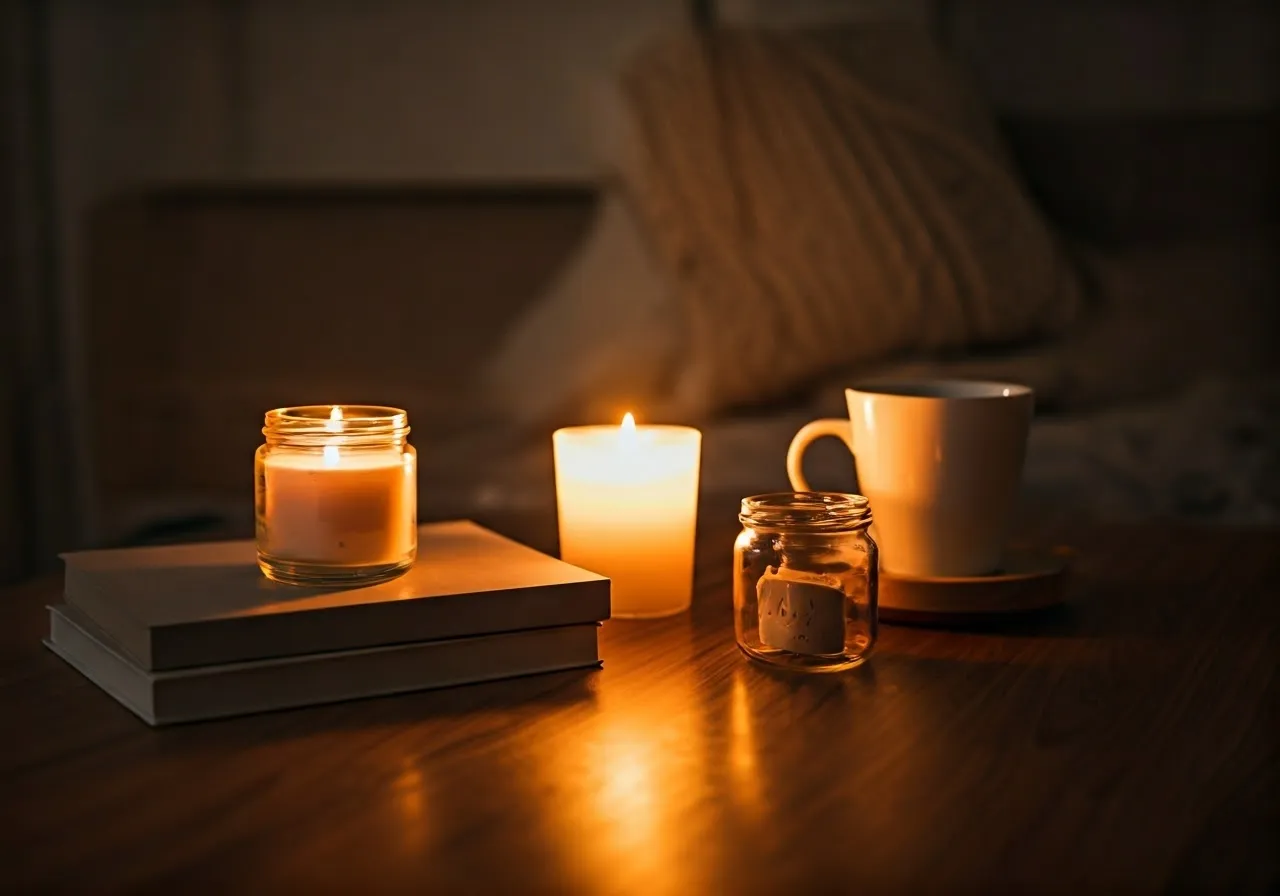Going through a breakup can be really tough. It often makes you feel alone. The first step to healing is to accept that these feelings are normal. They are a natural part of the breakup process. This time of adjustment is important for your healing process. It is okay to have many emotions. Just know that you don’t have to face this alone. There are good ways to handle the feelings of isolation. You can come out stronger in the end.
After a breakup, it is normal to miss the time you spent with your ex. When someone important leaves your life, it can create a feeling of emptiness. This absence can make you feel very lonely. Losing a close person can also disturb your daily habits and friendships.
You may find yourself doing things you enjoyed with your ex, which can make you feel their absence even more. This might cause you to stay away from social events. You may also ignore your own needs or pull away from family and friends. However, it is important to know that feeling isolated is common but can slow down the healing process.
Breakups often bring a lot of heartbreak and sadness. This can make you want to be alone and find comfort in solitude. Even though this time can be tough, it is part of the process. It helps you recognize and deal with your feelings at your own speed.
Also, breakups can affect your self-esteem and how you see yourself. As you deal with these strong emotions, you might doubt your value or feel lost about who you were in the relationship. This struggle can make you feel even more alone.
It's important to give yourself time and space to heal. It’s okay to step back from social events and focus on your emotional health.
Feeling lonely after a breakup for a long time can harm your mental health. It’s important to notice signs of being alone and to ask for help when you need it. If you often feel sad, hopeless, lose interest in things you used to like, or notice changes in your sleep and appetite, you need to deal with these feelings.
Long periods of loneliness can hurt your mood and motivation. It can also change how you see life. Being socially isolated can mess with your sleep, appetite, and energy, making negative feelings even worse.
It’s a good idea to talk to a therapist, counselor, or mental health expert. They can offer helpful support and advice while you handle the tough times after your breakup.

Healing from a breakup means understanding and dealing with your emotions. Instead of hiding or ignoring how you feel, let yourself feel these emotions completely without judging them. This time of letting go is very important for healing.
Know that it is normal to have different feelings like sadness, anger, confusion, and sometimes even relief. Hiding these feelings will only make it take longer to heal. When you accept your feelings, you can get through them and find acceptance and peace in the end.
Grieve the end of your relationship without holding back. Just like you would mourn any important connection, know that ending a romantic relationship needs time to grieve. Let yourself cry, think about it, and deal with this part of the relationship.
This grieving time is key to moving on and shows your ability for love as a human being. Remember the good times you had together, but also accept why it had to end.
By fully allowing yourself to grieve, you can start to let go of the past. This will help you grow and welcome new beginnings. It is important to respect your feelings and give yourself the time to heal.
Identifying and sharing your feelings in healthy ways is very important. Hiding your emotions can make you feel more isolated and slow down the healing process. You might want to try journaling, getting creative through art, or talking with a trusted friend or therapist.
One of the best things about being alone is that you can take the time to find new hobbies for your emotions. Maybe you want to start something new, or now could be the time to play that old guitar sitting in the corner.
Mindfulness techniques, such as meditation or deep breathing exercises, can also help. They let you look at your thoughts and feelings without judging them. This can help you become more aware of yourself and better at handling your emotions.

Self-care is very important while you heal. Take part in things that help your mind, emotions, and body feel better. Begin by creating a daily routine. Make sure it includes time for things you really like to do.
You can read, listen to music, enjoy nature, or focus on your hobbies. Choose activities that make you happy and give you a sense of success. Trying something new can help your confidence and lead to new experiences.
A regular routine can help you feel more stable and purposeful when you feel lost. Here are some things you can do:
Remember, self-care is the best way to show yourself love and support during tough times. Focusing on your well-being can help you build emotional strength and support your healing.
Engaging in regular physical activity has many benefits for your body and mind. Exercise releases endorphins, which are natural mood boosters. They can help you fight off feelings of sadness and stress. You can go to the gym, run, or even take a brisk walk. Just make time for some movement.
Keeping active helps distract you from negative thoughts too. It helps you feel in control again. Finishing a workout gives you a sense of accomplishment. This can really raise your self-esteem and motivation.
Gentle activities like yoga or stretching also work well. They can help relax your mind and body. This promotes better sleep and less anxiety. Adding physical activity to your daily routine is a great way to improve your overall well-being.
The urge to be alone can feel powerful. However, now is the time to connect with your support system. Reach out to friends or family who you trust. These are the people who will listen to you and stand by you. Sharing how you feel can really help.
Being social reminds you that you are not alone. It can lessen feelings of loneliness and give you a sense of belonging. When you talk to someone about what you are going through, you can get new ideas and see things in a different way.
Reach out to old friends and family who bring you positivity and support. These connections can be a lifeline during tough times. It may be easy to pull away from social interactions, but reconnecting with those who truly care for you can really help.
Think about cutting down your time on social media, especially if you check your ex's profiles a lot. Social media can create negative feelings. Instead, focus on building real-life connections that bring you true support and understanding.
Plan a coffee date with a friend, set up a family dinner, or just call someone for a deep chat. Remember, building these connections is essential as you rebuild and move on.
Embrace the chance to meet new people who like the same things you do. You can join a club, take a class, or go to workshops about your hobbies. These places help you socialize, grow personally, and make new friends.
Meeting new people and trying new things can be very rewarding. It may help you find parts of yourself that you haven't focused on during your relationship. You can change your life story as you move forward.
Leaving your comfort zone can feel scary at first. But remember, we often grow when we push ourselves and welcome new chances to connect.
In conclusion, dealing with being alone after a breakup means recognizing your feelings, taking care of yourself, and reconnecting with friends and family. It’s important to allow yourself time to heal and to reach out for help from people you care about. Accepting your emotions and doing activities that help your mind are key to getting better. Remember, healing takes time, and it’s perfectly fine to take small steps to regain your strength. By focusing on self-care and building your relationships, you can face the tough parts of feeling isolated after a breakup with strength and kindness toward yourself.
The healing process is different for everyone. There is no single answer that fits all. How long it takes can change based on many things. Keep in mind that healing does not happen in a straight line. Seeking professional help can guide you along the way.
Stay informed about the latest research in psychology.
.png)
Navigating cultural identity anxiety and mental health as an immigrant in Houston.
.png)
Exploring acculturation stress and youth mental health in Houston’s diverse communities.
.png)
Find Medicare Advantage counseling in Sugar Land with trusted local therapists.